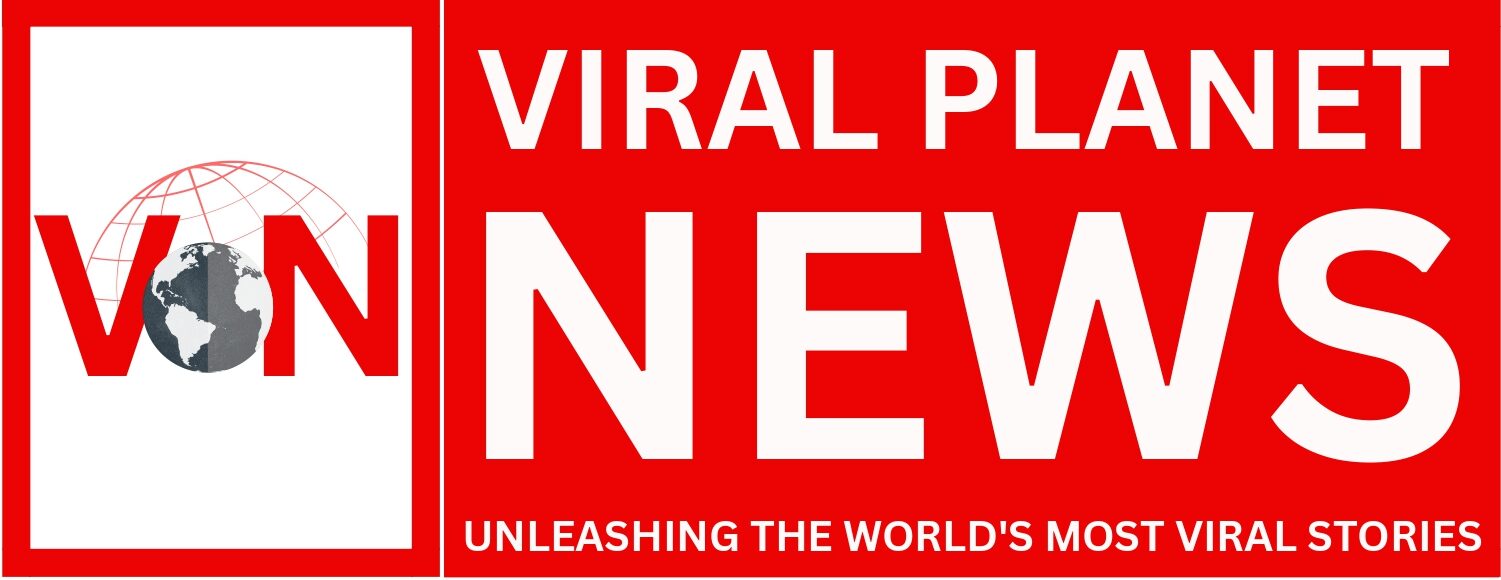By – Prakarsh Kastwar
Tensions between Canada and India have reached a boiling point following Canadian Prime Minister Justin Trudeau’s allegations regarding the murder of Khalistani separatist Hardeep Singh Nijjar. Trudeau accused the Indian government of involvement in the assassination, prompting a swift and strong denial from Indian officials.
During a recent press briefing, Trudeau emphasized that Canada would not accept any foreign interference on its soil, stating that India made a “fundamental mistake” by engaging in criminal activities in Canada. He called for accountability and insisted that the situation could not be overlooked.
In response, Indian officials dismissed Trudeau’s accusations as unsubstantiated, claiming that no credible evidence had been presented to support such serious allegations. Official sources noted that Canada’s approach seems to rely on vague claims while shifting the burden of proof onto India, labeling Trudeau’s statements as repetitive and lacking in specifics.

The tensions have further escalated following the expulsion of Canadian diplomats from India, which Trudeau highlighted as a result of India’s non-cooperation. He called for a meeting between national security advisors to address the ongoing crisis and sought to maintain the importance of the historical ties between the two nations.
Adding to the conflict, the Royal Canadian Mounted Police (RCMP) alleged that Indian agents were collaborating with criminal gangs to target Khalistani supporters in Canada. Indian representatives rejected these claims, asserting that no evidence had been provided and describing the allegations as politically motivated.

As both countries grapple with this diplomatic standoff, the future of their relationship remains uncertain. With mounting pressures from both domestic and international audiences, the need for dialogue has never been more critical. Observers are keenly watching how this complex situation will unfold in the coming weeks.

